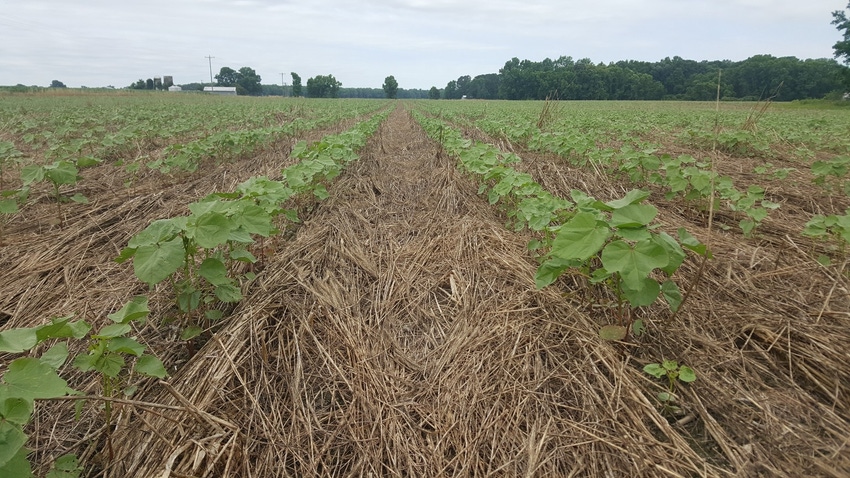
If you were able to get past the barbed wire that now surrounds the U.S. Capitol and actually visit with Democrat Congresswoman Alexandria Ocasio-Cortez of Brooklyn or Republican Congressman David Rouzer of eastern North Carolina and ask them if soil health should be part of the next farm bill, both would most certainly agree.
After all, clean air, clean water, and healthy soil is something both Republicans and Democrats support. Where they would differ is that Democrat Ocasio-Cortez would tell you that the dictates for soil health should come down from Washington, with regulations that farmers must follow. After all, Washington bureaucrats know far more about soil than farmers know, she might say.
Rouzer, on the other hand, who is a member of the House Agriculture Committee, would likely tell you a market approach to soil health should be in the next farm bill, with farmers making the decisions about their land. Rouzer represents and knows farmers in his eastern North Carolina district, while Ocasio-Cortez is most famous for tweeting and pushing her Green New Deal agenda.
All of the talk in Washington is that climate change and carbon capture will be paramount in the next farm bill. In a March 23 webinar “Why Soil Health is Important to the Future of U.S. Cotton,” Gary Adams, president and CEO of the National Cotton Council, and Jesse Daystar, chief sustainability officer with Cotton Incorporated, both emphasized that any carbon sequestration and soil health efforts must align with grower profitability,
The Soil Health Institute, which sponsored the March 23 event and other webinars on soil health in cotton, advocates for the use of cover crops, no-till and other conservation practices. Daystar noted that in many cases these practices do align with grower profitability, but farmers must know the practices work.
Adams sees benefits in farmers capturing carbon, but it must be tied to the bottom line. “At the end of the day, farmers are going to be good stewards of the land, but they have to be able to do it in a way that makes them viable economically as well. When we can demonstrate that linkage between the two, I think that’s where we can send a stronger signal for adoption,” Adams said.
One thing is certain: Farmers know soil better than anyone. They are the true experts. They know if cover crops and no-till will work on their farms. The management decisions must be solely theirs. What Alexandria Ocasio-Cortez and others far removed from production agriculture must know is that mandates from Washington will never work.
About the Author(s)
You May Also Like






